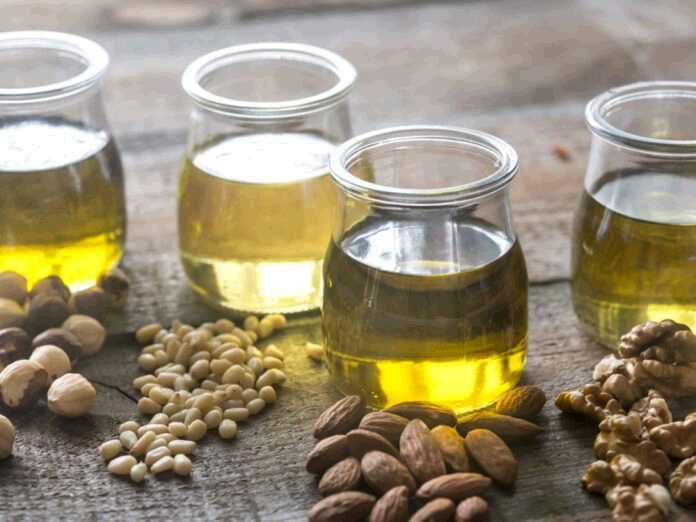
People tend to consider all monounsaturated fats healthy. Especially when compared to trans fats or saturated fats, monounsaturated fats are often mentioned as a much healthier alternative and a much better source of your daily fat. However, recent research shows that there may be some important differences between plant-based and animal-based monounsaturated fats.
So, let’s take a look at these types of monounsaturated fats and their key differences.
Different Types of Monounsaturated Fats
In the human diet, there are two main sources of monounsaturated fats – animal foods and plant foods. Both of these are generally considered much healthier options than trans fats or saturated fats. Here are some sources of plant-based and animal-based monounsaturated fats.
Plant-based:
- Avocados;
- Nuts;
- Olive oil;
- Canola oil;
- Sesame oil.
Animal-based:
- Fish;
- Eggs;
- Red meat;
- Dairy products like full fat milk and yogurt.
Health Benefits and Potential Risks
Research suggests that these two types of monounsaturated fats are not equally healthy for us. According to a recent study, plant-based monounsaturated fats were connected to a lower risk of death from all causes, particularly heart disease. On the other hand, monounsaturated fats coming from animal sources were connected to higher mortality rates.
The study included more than 90.000 subjects followed over a period of 22years. While examining the data collected during this period, the scientists found that subjects whose diet was rich in plant-based monounsaturated fats were 16 percent less likely to die from heart disease or any other cause.
The Bottom Line
So, according to research, there are some important differences between these two types of monounsaturated fats. Although they are both healthier than trans and saturated fats, going for plant-based monounsaturated fats is the best choice.































